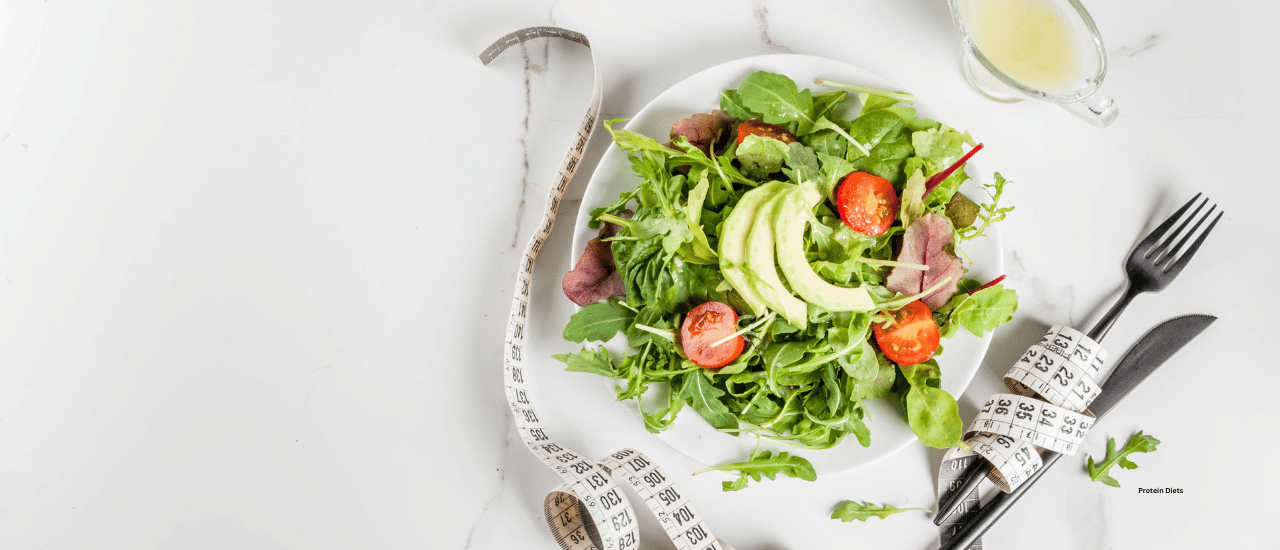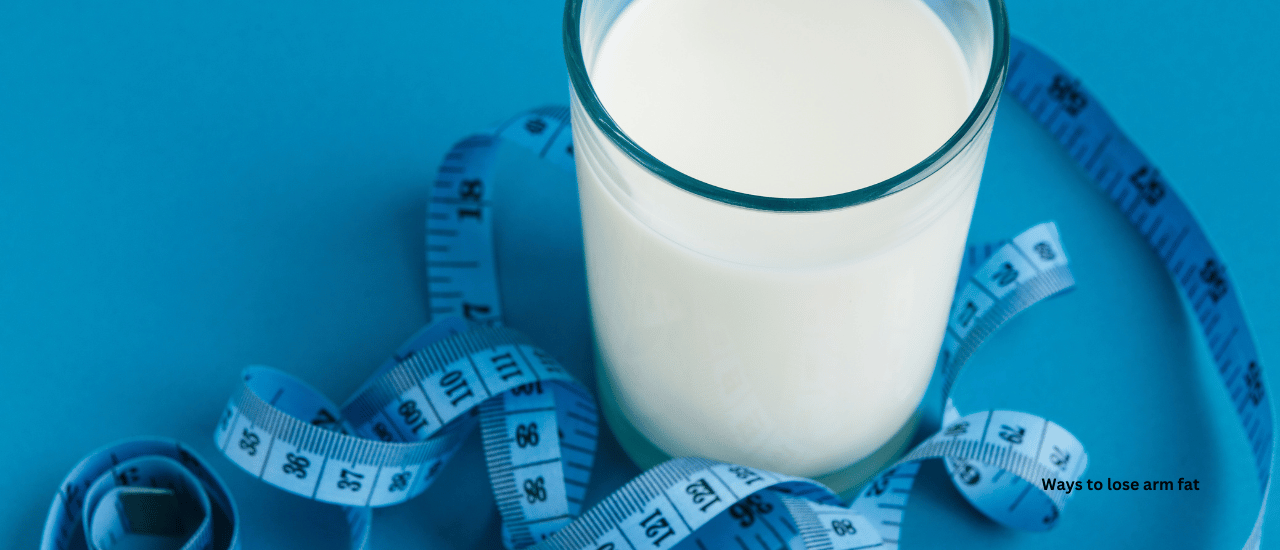Moderate weight gain, as you’ve described, can be attributed to a variety of factors, including poor sleep, stress, injury, certain medical conditions, and your diet and exercise habits, which encompass both intentional fitness activities and general movement throughout your day. Protein is an important piece of the puzzle, but these other factors play a role as well.
As you reflect on what may have contributed to your weight gain over the past few years—and what changes you’d like to make going forward—ensure that the adjustments you choose align with your tastes and daily routine. The food you eat should taste good, be satisfying, and contribute to your overall health. Eating shouldn’t feel like a burden, so focus on developing eating habits that you’ll enjoy and can maintain long term.
Lean sources of animal protein, such as chicken and fish, are nourishing and easily accessible, but protein can also be derived from plant-based sources like beans, lentils, chickpeas, tofu, tempeh, seitan, nuts, seeds, and quinoa. You have many options!
How Protein Can Impact Body Weight
When eaten under the right conditions, a high-protein diet may help reduce body weight and fat mass, explains Alex Evink, a registered dietitian based in Michigan. Consuming enough protein while dieting can also lower the chances of regaining body fat after weight loss, she adds.
There are three main reasons why high-protein diets might help you manage your weight:
Promotes Feelings of Fullness
Protein helps you feel full and satisfied, potentially leading to a reduction in overall caloric intake, less mindless snacking, and a lower likelihood of overeating at meals, says Evink. Research shows this effect is particularly pronounced when people first increase the protein in their diet, though it may diminish over time.
Fiber from whole fruits, vegetables, grains, and nuts can also help you feel full and satisfied, making protein and fiber a powerful duo for curbing hunger.
Burns More Energy
Digestion burns calories through a process called diet-induced thermogenesis, and protein requires considerably more energy to break down and absorb than either fat or carbohydrates. Fat requires 0% to 3% of total energy intake to convert into fuel, carbohydrates need 5% to 10%, but protein demands 20% to 30% of energy intake for utilization.
This means that if you consume 100 calories of protein, only 70 to 80 of those calories count toward your total energy balance for the day.
Supports Lean Muscle Mass and Metabolism
When you eat enough protein and combine it with exercise, you’re more likely to maintain lean muscle, and your metabolism will remain steady, supporting a lower body weight. The more lean muscle mass you have, the more calories you burn both at rest and during activity—an essential factor when you’re trying to lose weight through calorie reduction or maintain your weight long term. Exercise is critical to this process.
How Much Protein Is Enough?
The recommended amount of protein you should aim for every day is about 0.8 grams for each kilo you weigh. So, if you weigh 70 kilos, that’s about 56 grams of protein daily. And if you’re using pounds, just remember it’s roughly 0.35 grams of protein for every pound you carry around with you. However, Evink emphasizes that this is the minimum required to preserve lean muscle mass.
For healthy adults, Evink suggests aiming for 1.2 to 1.7 grams per kilogram per day (0.55 to 0.77 grams per pound). Research shows that it’s particularly important to stay above the 1.2 gram per kilogram threshold for individuals over 65 years of age. For those younger than 65 who are actively trying to build muscle through resistance exercises, targeting the higher end of that range is advisable.
To figure out how much protein you need, consider your weight and activity level.
- For the minimum daily recommendation, multiply your weight in pounds by 0.35.
- If you’re moderately active, multiply your weight in pounds by 0.55.
- If you’re exercising regularly and working to gain muscle, multiply your weight in pounds by 0.77.
For example, a person weighing 180 pounds would need between 63 and 139 grams (2 to 5 ounces) of protein per day, depending on their activity level.
How Much Protein Is Too Much?
Research indicates that active adults can tolerate up to 3.5 grams of protein per kilogram of body weight per day, but the beneficial effects of protein seem to plateau around 2.0 grams per kilogram per day.
Consuming too much protein can lead to health problems, including weight gain, type 2 diabetes, cancer, kidney, and cardiovascular issues, especially when the protein sources are animal-based and high in saturated fat. During pregnancy, excessive protein intake has been linked to an increased risk of having an infant small for gestational age and neonatal death—death within the first 28 days of life.
Studies published in Nature Reviews Endocrinology suggest that protein synthesis plateaus at around 18 grams per meal for young adults and 28 grams per meal for adults over 55. To maximize the benefit of protein, spread your intake throughout the day.
Remember, protein is beneficial in moderation, says Evink. “Stick to the recommended 1.2 to 1.7 grams per kilogram per day, with the upper limit at 2 grams per kilogram per day, and you’ll reap the rewards.”
Tips for Trying a High-Protein Diet
If you’re interested in experimenting with a high-protein diet, the following tips can help you achieve your goals:
Don’t Skip Exercise
Protein helps build muscle, but only if you’re also exercising. Simply increasing your protein intake won’t result in muscle gain without physical activity. When you’re trying to lose weight by cutting calories, additional protein can help prevent muscle loss. But if your goal is to gain muscle and increase your metabolism, eating extra protein without exercise provides your body with building blocks but no way to utilize them.
It’s similar to having wood and nails in your backyard for a new deck. Without putting in the effort to build it, all you have is a pile of materials.
Exercise triggers muscle growth by stressing the muscles and initiating the repair and adaptation process. Consuming protein is step one, but challenging your muscles is what puts those amino acids to work.
High-Protein Diets Aren’t Ketogenic
Ketogenic diets come in several forms, but the traditional version requires consuming 4% or less of daily calories from carbohydrates, 6% from protein, and 90% from fat.
When 96% of your daily calories come from fat and protein, this eliminates most carbohydrate-rich and fiber-rich foods—both of which are essential for weight management and overall health, says Evink.
While ketogenic diets can result in rapid, short-term weight loss, the weight loss is often unsustainable. Additionally, keto can lead to significant increases in unhealthy low-density lipoprotein (LDL) cholesterol.
A typical diet in the U.S. consists of about 48% carbohydrates, 16% protein, and 33% fat. By increasing your protein intake slightly, you can shift calories away from fats or carbohydrates without the drastic changes required by keto.
Protein Sources Matter
Remember the advice to eat a colorful variety of fruits and vegetables? Apply the same principle to protein. Variety is crucial for maintaining a healthy balance. As you increase your protein intake, try incorporating a wide range of sources, including plant-based foods.
The current Dietary Guidelines for Americans recommend incorporating lean meats, poultry, eggs, seafood, beans, peas, lentils, nuts, seeds, and soy products into your diet.
The fats that accompany different protein sources can have a significant impact on body weight and gut health. Red or fatty meats are high in saturated fat, whereas nuts, seeds, and beans provide more beneficial unsaturated fats.
The key takeaway: mix it up!
As you add more protein to your daily routine, experiment with different sources to maintain your health and avoid boredom. Spread your protein intake across meals and snacks, and don’t forget to keep exercising! This will ensure your protein contributes to building lean muscle.
With these steps in place, you can feel confident that you’re getting the right amount of protein to help achieve your goals.




